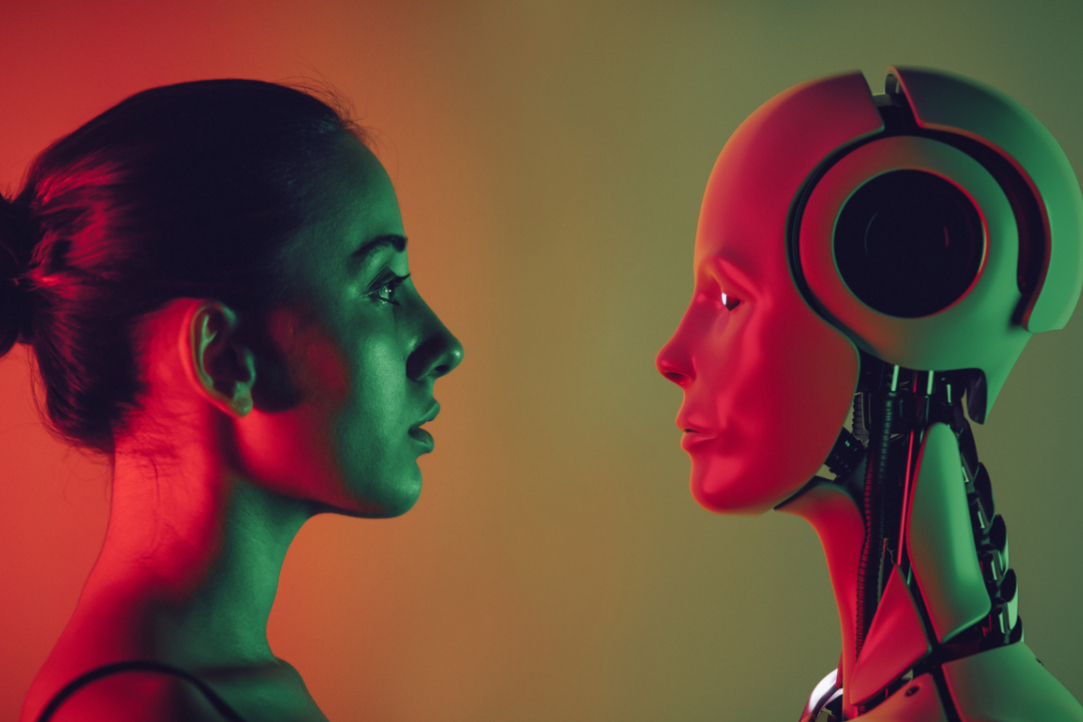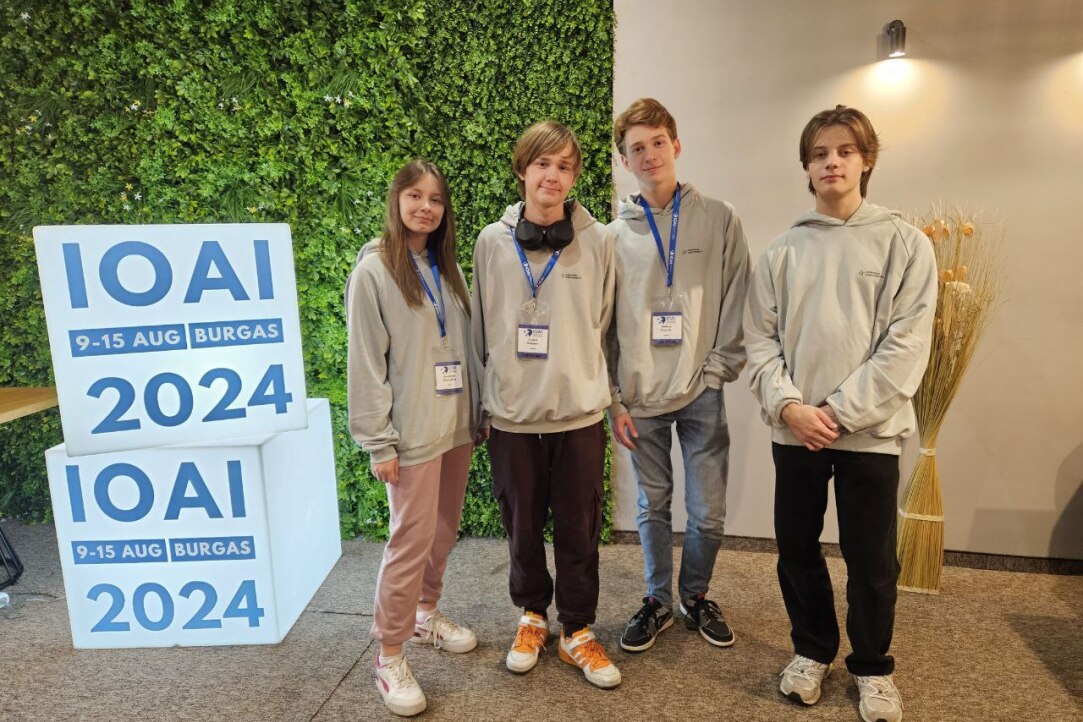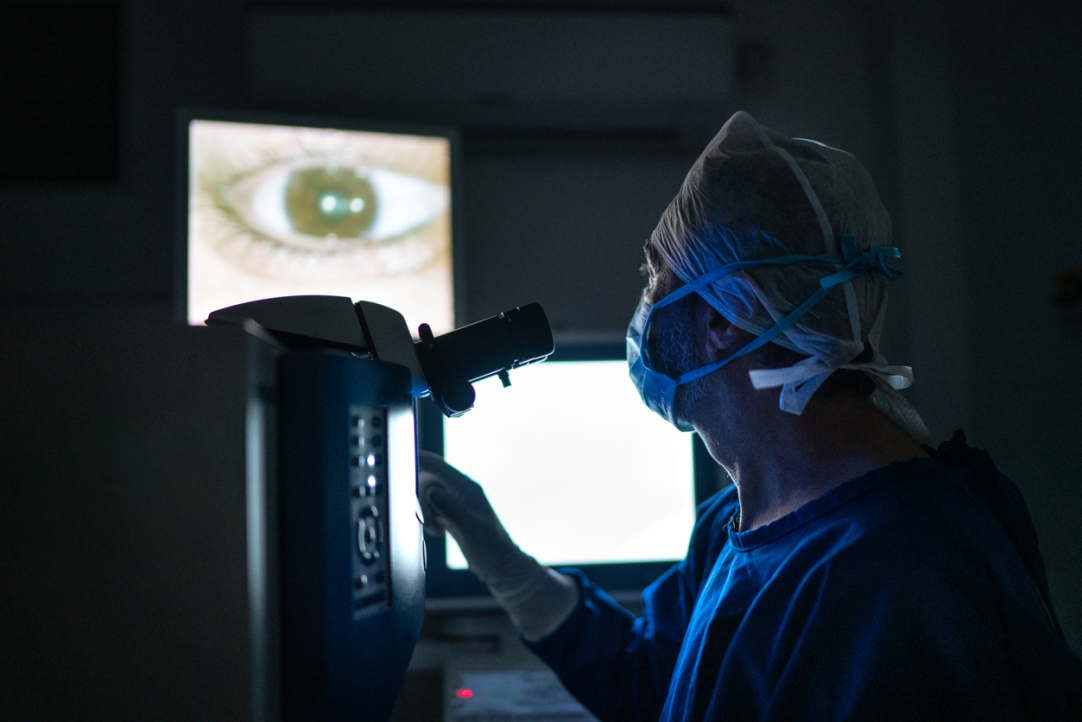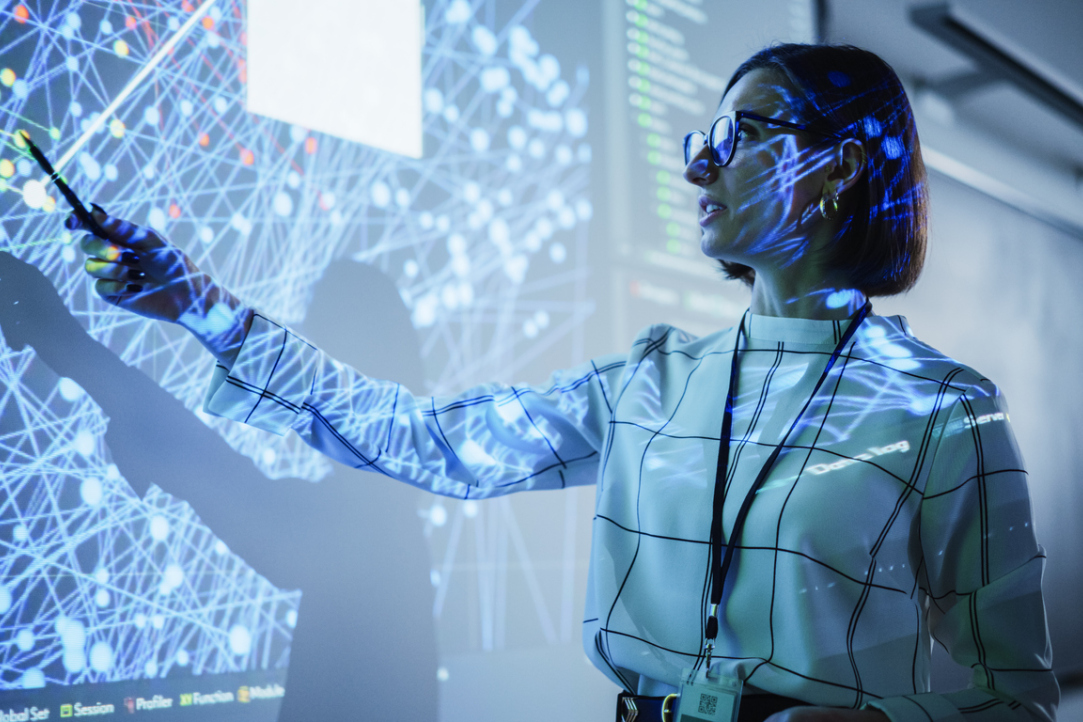
HSE University and Sber Researchers to Make AI More Empathetic
Researchers at the HSE AI Research Centre and Sber AI Lab have developed a special system that, using large language models, will make artificial intelligence (AI) more emotional when communicating with a person. Multi-agent models, which are gaining popularity, will be engaged in the synthesis of AI emotions. The article on this conducted research was published as part of the International Joint Conference on Artificial Intelligence (IJCAI) 2024.

Neural Network for Assessing English Language Proficiency Developed at HSE University
The AI Lingua Neural Network has been collaboratively developed by the HSE University’s AI Research Centre, School of Foreign Languages, and online campus. The model has been trained on thousands of expert assessments of both oral and written texts. The system evaluates an individual's ability to communicate in English verbally and in writing.

HSE University and Yandex to Host International AI Olympiad for Students
The HSE Faculty of Computer Science and Yandex Education are launching their first joint AI competition, Artificial Intelligence and Data Analysis Olympiad (AIDAO), for students from around the world. Participants will tackle challenging tasks in science and industry and interact with experts from HSE and Yandex. The winners will receive cash prizes.

Winners of the International Olympiad in Artificial Intelligence Admitted to HSE University
In mid-August, Bulgaria hosted the finals of the first International Olympiad in Artificial Intelligence (IOAI) among high school students. The Russian team demonstrated excellent results, winning gold medals in the scientific round, silver medals in the practical round, and coming first in both rounds overall. This year two members of the Russian team were accepted into the programmes of the HSE Faculty of Computer Science.

Artificial and Augmented Intelligence: Connecting Business, Education and Science
The history of AI research in Nizhny Novgorod dates back to the 1960s and 1970s. Today, AI technologies, from voice assistants and smart home systems to digital twin creation and genome sequencing, are revolutionising our life. Natalia Aseeva, Dean of the Faculty of Informatics, Mathematics and Computer Science at HSE Campus in Nizhny Novgorod, discusses how the advancement of AI connects science, business, and education.

HSE University Leads the AI Alliance Ranking
The AI Alliance Russia has released a new ranking of Russian universities based on the quality of education in the field of AI. Similar to last year, HSE University has joined the leaders in A+ group alongside MIPT and ITMO. A total of 207 universities from 69 Russian regions participated in the ranking. In 2024, over 35,000 students were enrolled in AI-related programmes at these universities.

Reinforcement Learning Enhances Performance of Generative Flow Networks
Scientists at the AI Research Centre and the AI and Digital Science Institute of the HSE Faculty of Computer Science applied classical reinforcement learning algorithms to train generative flow networks (GFlowNets). This enabled significant performance improvements in GFlowNets, which have been employed for three years in tackling the most complex scientific challenges at modelling, hypothesis generation, and experimental design stages. The results of their work achieved a top 5% ranking among publications at the International Conference on Artificial Intelligence and Statistics AISTATS, held on May 2-4, 2024, in Valencia, Spain.

‘I Came Up with the Idea to Create an Application Useful for Practicing Physicians’
Dmitry Ryabtsev, a 2024 graduate of the master's programme at the HSE Faculty of Computer Science, created an AI-powered software service for ophthalmology during his two years of study. This product is now entering the market, and its developer plans to participate in establishing a working group on software engineering for medical applications at the HSE Faculty of Computer Science, with the goal of promoting more genuinely useful domestic projects. In an interview with HSE News Service, Dr Ryabtsev shared his story of how a professional doctor turned into a programmer.

HSE University and Sber Conduct Foresight in Artificial Intelligence
HSE University, in collaboration with Sber, have conducted a foresight study on artificial intelligence (AI). Its early results were discussed by the participants of a strategic foresight session on exploratory research in AI, held at the Coordination Centre of the Russian Government, headed by Deputy Prime Minister Dmitry Chernyshenko. The results from the foresight study will inform the Unified Research and Development Programme in the Field of AI.

White Papers of AI Conformity Assessment Published on HSE University Website
The Russian Technical Committee for the Standardization of ‘Artificial intelligence’ (TC164), together with the Chamber for Indo Russo Technology Collaboration and the RUSSOFT Non-profit Partnership of Software Developers, has published new White Papers related to Artificial Intelligence Conformity Assessment. It reflects the approaches to the standardization and ethical regulation of AI technologies in two pilot industries — healthcare and agriculture.

